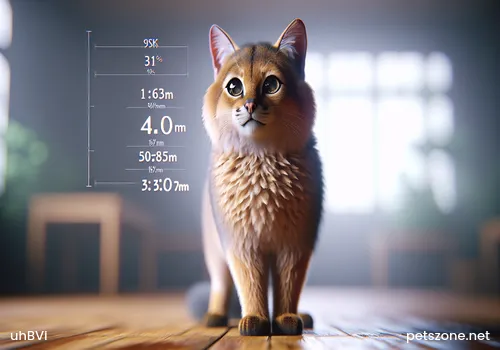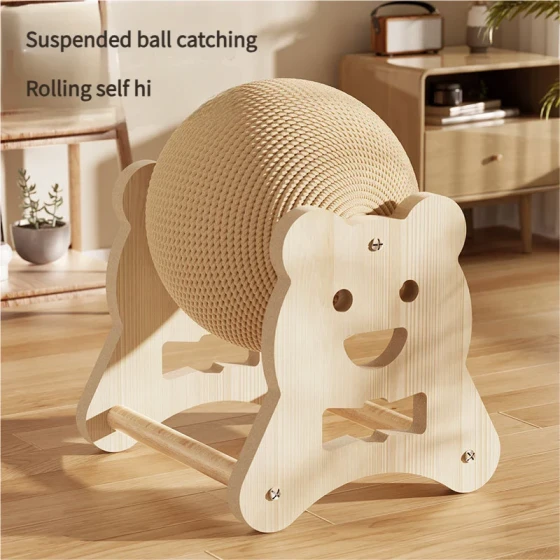Introduction to Five Unique Behaviors of Pet Cats

Shandong Lion Cat
Currently, research on cats' psychology, behavior, and other mental aspects is gradually increasing, but it is still in the exploration, investigation, and discussion stage. Every cat has its own inner secrets and personality traits that invalidate general theories about cats' psychology. Some cats are both timid and reckless, obedient and stubborn at the same time. Nevertheless, we can summarize typical behavioral characteristics of cats such as being intelligent and clever, naturally solitary, selfish, and strongly jealous.
1. Cats are clever and intelligent: Cats are highly gifted and extremely smart animals. From the anatomical characteristics of the central nervous system, cats have the typical brain hemispheres of highly intelligent creatures, that is, a richly developed cerebral cortex. When kittens are born, their brains are not fully developed and generally mature by five months of age. The normal development of a kitten’s brain depends on sensory stimulation provided by the mother cat and humans. Living alone and nutritional deficiency can hinder a kitten’s brain and intelligence development and completion.
2. Cats are naturally solitary and highly independent: Wild cats prefer to live a solitary and free life; except for mating during the heat period, they rarely live in groups of three or five, possessing a wandering characteristic. Cats have strong independence. In the wild, hunting and raising offspring are completed without cooperation from other members. Even in domesticated and tamed states, cats do not overly depend on humans.
3. Cats do not submit to their owner’s authority: Cats do not blindly obey the owner’s commands; they have their own unique standards. If annoyed, cats may run away from home or even join another owner.
4. Typical egoists: There is basically no group sociality among individual cats. Even when forced to be together in some environments, they do not have a strict group survival or hierarchy like dogs. They can ignore their owner’s calls indifferently, but will suddenly react when thinking of delicious food.
5. Strong jealousy: Cats not only get jealous of their own kind, sometimes they also feel resentful when the owner shows excessive affection to children. This shows cats pay great attention to their owner’s attitude, so when raising them, one should be kind and nurture the relationship. (Source:PetsZone)





